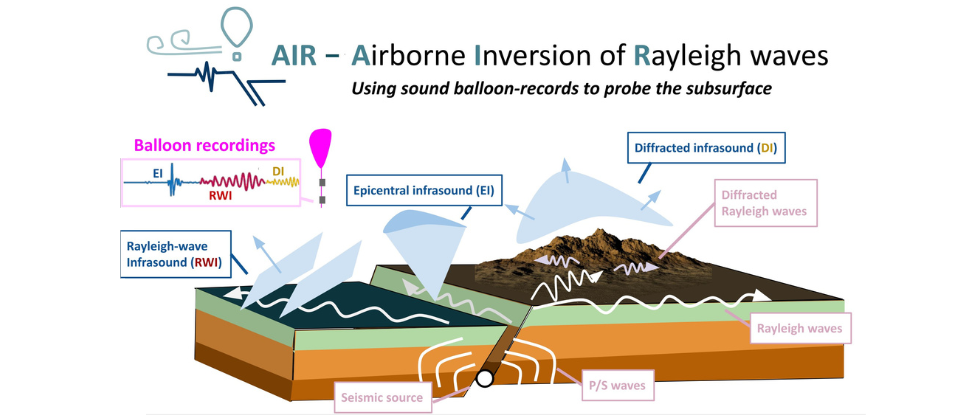New Postdoctoral Researcher Position

We are looking for a 2-year Postdoctoral Research Fellow in planetology and seismology at NORSAR.
We have an opening for a 2-year Postdoctoral Research position to perform research on the feasibility of detecting venusquakes and to constrain properties of the Venus subsurface using dataset recorded at balloon platforms. This position is within NORSARs Solutions Group, and the Postdoc will be integrated with the Digital Signal Processing and Image Analysis (DSB) research group at the Department of Informatics, University of Oslo. The postdoctoral research fellow will work within the Research Council of Norway funded Airborne Inversion of Rayleigh waves (AIR) basic research project.
This fellowship will provide the candidate with enhanced skills to pursue a scientific top position within or beyond academia. To promote a strategic career path, the fellow will be required to submit a professional development plan no later than one month after commencement of the postdoctoral period.
Project background
The AIR project aims at assessing the potential of airborne detections of venusquakes from a balloon platform using numerical simulations and data collected on Earth. This project is an international collaboration between the project owner NORSAR, the Norwegian partner UiO, IRF in Sweden, and the JPL/NASA and Caltech partners in the United States. The AIR funding is provided from the prestigious FRIPRO basic research program of the Research Council of Norway, starting in 2023.
We are looking for a postdoctoral researcher contributing to the development of the first-ever subsurface seismic velocity inversion method from infrasound data: design an inversion method retrieving seismic velocities from balloon pressure data; measure the sensitivity of waveform characteristics on subsurface and source properties; assess performances against balloon earthquake data. The Results will be significant contributions to designing the next geophysical missions to Venus and in the Earth’s remote regions.
Position
In this postdoctoral position, you will get opportunities to work with international partners on assessing the feasibility of detecting venusquakes from a balloon platform:
-
Identify key factors in the sensitivity of venusquake-induced atmospheric signals through large-scale numerical simulations
-
Design, implementation, and validation of a Bayesian inversion framework to retrieve seismic velocity parameters from Rayleigh-wave induced acoustic data
-
Assess the challenges to move from Earth-based experiments to a Venusian setting
-
Build and optimize a deep-learning based signal detector for balloon pressure data
You will be expected to carry out this research project independently in close collaboration with our team at NORSAR and our project partners, publish papers in high-level peer-reviewed journals, participate in international conferences. Temporary stay in the United States for a month might be organized to work with our partners. You will be working from NORSAR’s office in Kjeller, Norway, but will also be affiliated with the DSB research group at UiO.
Required qualifications are:
We are seeking a highly motivated researcher with a strong interest in planetary science, geophysics, numerical modelling, and machine learning.
-
A PhD degree in Earth Sciences / Physics / Mathematics / Mechanics or a related discipline
-
A strong foundation in modern scientific programming (e.g., Python, C++)
-
Strong quantitative background and experience in signal processing, computational methods, and wave propagation modelling
-
Excellent communication skills in English (oral and written)
-
Independent researcher with excellent publication track record
Desired experience in:
-
Seismic and infrasound/acoustic wave physics
-
Bayesian optimization
-
Deep learning model design and implementation
The right candidate will be a good communicator with great presentation skills, with the ability to both collaborate in a team and independently solve assignments. The candidate needs to be fluent in English, written and spoken. We offer a very diverse and challenging job within an international team of young and experienced researchers. We offer flexible working conditions and competitive terms.
Applications with CV, copies of your PhD thesis (if available) and papers, contact information for 3 references, and a cover letter (less than 2 pages) should be sent to careers@norsar.no as soon as possible and no later than September 15th 2023. The cover letter should include your background (both education and PhD projects), relevant skills, research interests, and motivations. Interested candidates may obtain additional information by contacting Dr. Quentin Brissaud, air@norsar.no.